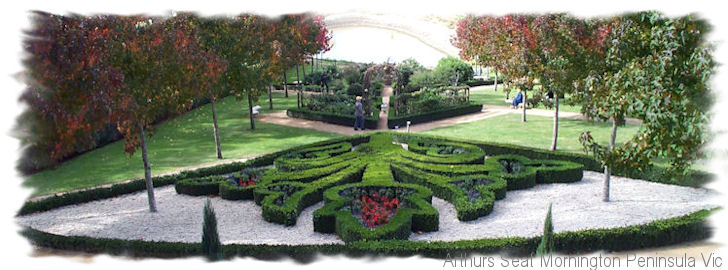
The southern coastline encompasses Victoria, South Australia and part of Western Australia
The granite bulk of Wilsons Promontory juts out into Bass Strait to define the southernmost tip of the mainland. Once an island, during the summer, it attracts so many visitors that campers have to book ahead.
Ninety Mile Beach protects a series of lakes and lagoons. The top of it is around the town of Lakes Entrance and runs down the eastern side of Australia to Nooramunga Marine and Coastal Park.
A vast limestone plain, once part of the ocean bed stretches from Geelong (west of Melbourne) to the mouth of the Murray River in South Australia’s Coorong (famous for the location of the film Storm Boy.) Where the plain meets the sea in western Victoria, it has been worn into ragged cliffs by the Southern Ocean. The Port Campbell coast has been sculpted by the wind and the sea into a gallery of fantastic limestone formations.
Highlights along this coastline are the 12 Apostles (no longer 12), The Great Ocean Road, the remains of London Bridge (collapsed into the sea in 1990).
The Coorong is an Aboriginal word meaning narrow neck and is one of 27 Australian wetland reserves. Shallow lagoons stretch 135 kilometres from the mouth of the mighty Murray River.
The Southern Ocean has bitten two greedy jagged chunks from the gently curving coastline of South Australia. The city of Adelaide is situated halfway down Fleurieu Peninsula renowed for its superb wine from the vineyards of McLaren Vale, olive products, and cheeses. Adelaide has more restaurants per head than any other state and with the range and quality of produce can easily claim the title of the Australian table. The state is heavily influenced by its diverse population – Germans, Italians, Greeks, Lebanese, Poles and now Sudanese bring variety and colour.
Yorke Peninsula, the boot, is a popular place for holidaying. At the base of the boot you’ll find one of the largest wind farms. Vee shaped Eyre Peninsula is famous for wheat and tuna.
Kangaroo Island, Australia’s second largest island, is a native haven containing a variety of marsupials which thrive free of competition from rabbits or foxes. K.I. is a magical place and definitely worth a visit.
Despite it’s reputation, the land that links the east to the west, is very busy with many travellers making sure they don’t miss out on the desolate, almost treeless, mostly waterless and definitely featureless Nullarbor Plain. All along the coastline fringing the Great Australian Bight are steep limestone cliffs ranging from 90 to 130 metres high and almost 200 kilometres long.
Regular winter rains help maintain the greenness of Western Australia’s south-west, an isolated patch of incredible botanical diversity sandwiched between the ocean and the arid interior. Famous for its wildflower display in the Spring, you can also stand in the Indian and Southern Oceans at the same time at a place called Augusta which is not far from the Jewel Caves.